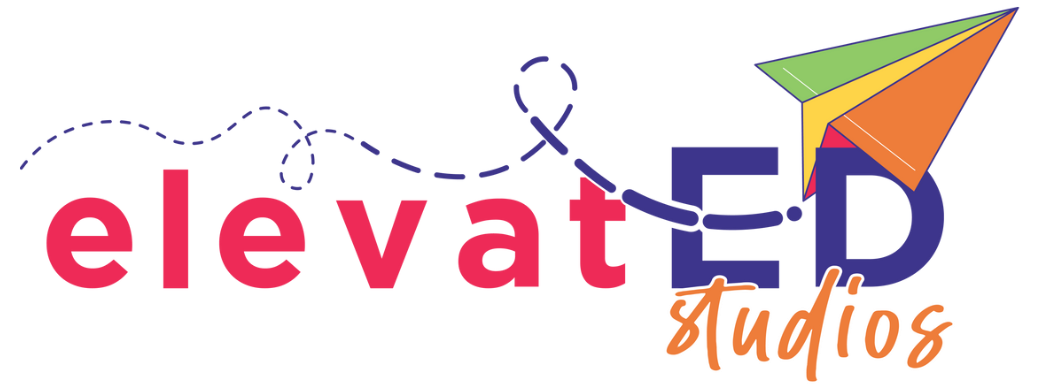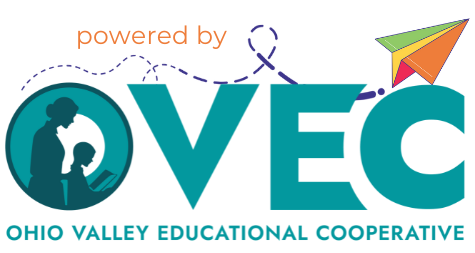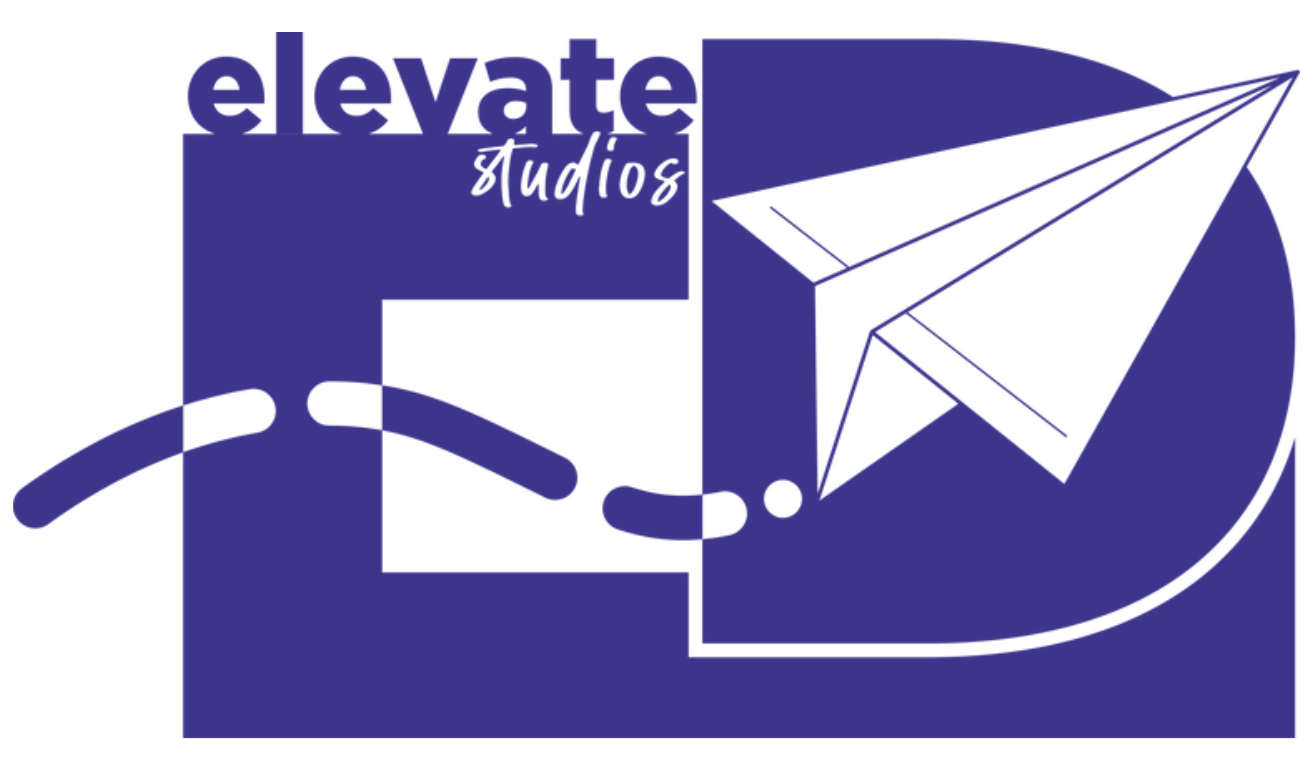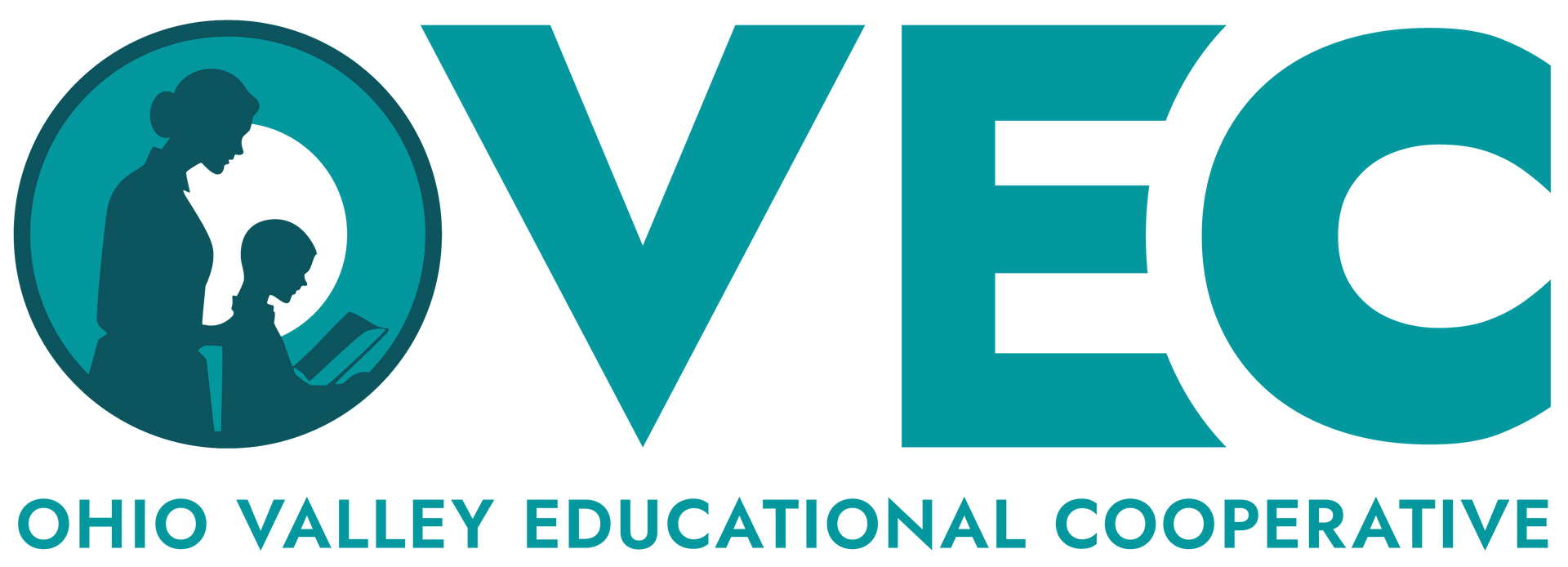
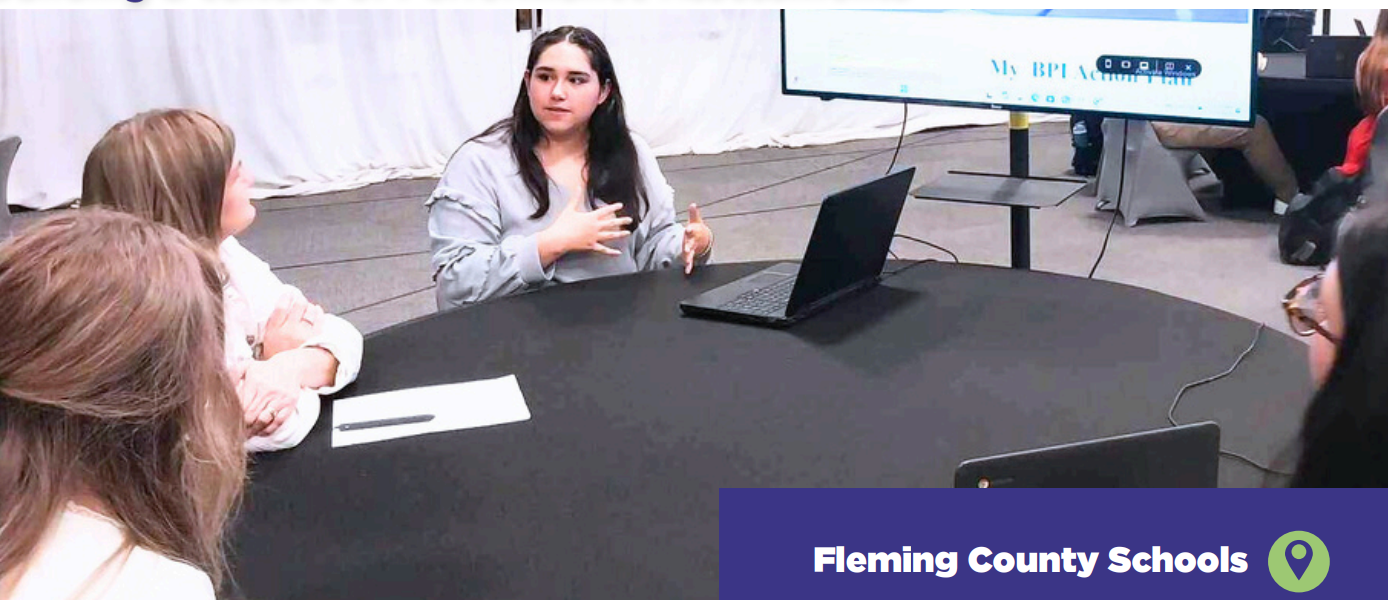
Across the Commonwealth of Kentucky, a groundswell of change has taken root. For many districts, this transformation began with the creation of locally defined Portraits of a Learner—community-driven visions of the skills and dispositions learners need to thrive.
Building on that foundation, many school districts now offer system level performance assessments, often called Defenses of Learning, at key transition points like 5th, 8th, and 12th grade—moments where learners reflect on their growth and present evidence of readiness for what’s next.
These capstone moments are powerful. They shine a bright light on students’ thinking, creativity, and growth. But as more districts engage with this work, a critical question is surfacing:
What if we didn’t wait until the end of the learning journey to offer students that kind of meaningful reflection and voice?
Performance assessments are designed to measure not just content mastery, but students’ ability to transfer their learning to meaningful, real-world tasks that demonstrate growth in competencies like communication and critical thinking—skills we value in our Portraits of a Learner.
How Fleming County’s System of Performance Assessments is Transforming the Learner Experience
Fleming County is answering that question with a bold and holistic response. Their approach treats performance assessments not as one-time events, but as a key lever in a broader ecosystem of vibrant learning.
They’ve built a dynamic, evolving K–12 system that gives every learner repeated, authentic opportunities to reflect, showcase their learning, and connect with real audiences. It’s not “stop, drop, and defend.” It’s: “This is who I am, and here’s how I’ve grown”—at every stage of the journey.
This commitment to performance assessment is about more than a few big moments. One of the most important shifts in Fleming County has been creating consistent opportunities for students to talk about their learning—to reflect, explain, and share their growth with others.
Presenting learning isn’t a special event; it’s part of the rhythm of school. Across the district, learners are expected to articulate what they know, how they’ve grown, and why it matters—building confidence, communication skills, and a stronger sense of ownership of their learning.
Two Layers: System and Classroom
At the system level, performance assessments are not reserved for the end of the year or a select group of students. Instead, they’re embedded across the K–12 journey—regular, expected, and accessible to everyone.
Every learner, every year, has the chance to reflect on their progress and share their learning.
“The old accountability model is exclusive for ECE kids,” noted Tiffany Lane, Director of Special Education. “Through this new approach, we have non-verbal kids presenting alongside their peers. This levels the playing field.”
All students are supported to share their voice in ways that honor who they are and how they communicate.


Highlights of Fleming’s System:
K–2: Passion Projects and Early Voice
Learners explore and share what excites them. These scaffolded projects help teachers understand students’ interests and give even the youngest learners practice in sharing their voice.
Grades 3–12: Exit Interviews
Every student builds a personalized website (digital portfolio) to showcase growth aligned to Fleming’s Portrait of a Learner—known locally as Bridge Performance Indicators (BPIs). These portfolios are used in annual Exit Interviews.
Additional Grade-Level Assessments Include:
- 3rd Grade: Career Exhibitions
- 4th Grade: Science Fair
- 5th Grade: Wax Museum
- 6th Grade: Resilience Speeches
- 7th Grade: Service Project Proposals
- 8th Grade: Amazing Shake Debates
- 9–11th Grade: Career-Aligned Mini Exit Interviews
- 12th Grade: TED Talks & Final Exit Interview
Performance Assessments in the Classroom
Fleming County’s classroom-level assessments, called Next Generation Readiness Assessments (NxGRAs), are used across grades 4–12. These teacher-created, standards-aligned projects empower students to demonstrate mastery in personalized, real-world ways.
Projects are interdisciplinary and designed to reflect students’ interests, passions, and learning styles. One standout example is the Panther Dig in 9th grade—a simulated archaeological excavation that integrates history, science, math, English, and art.
“Learners’ evidence and artifacts can only be as rich as the experiences we provide them with.”
— Michelle Hunt, Chief Academic Officer
Students took on roles like cultural anthropologists and environmental geographers to analyze artifacts, write journal entries, build digital presentations, and create visual art that reimagined life 300 years ago.

How to Get Started...
Fleming County is not new to this work. Through years of iteration, feedback, and a relentless focus on learner growth, the district has developed a system of performance assessments that doesn’t just celebrate learning—it shapes it. For schools and districts looking to move in this direction, the Fleming team offers several key insights:
Support Teachers in the Instructional Shift
Performance assessments can't just be an add-on—they have to emerge from the daily learning experience. Every teacher is expected to pilot at least two NxGRAs per year, and the district builds in virtual coaching, summer sessions, and paid co-planning days to support this shift.
Make Performance Assessments Personal
Fleming County ensures assessments reflect each learner’s identity. Students curate work that matters to them and tell the story of who they are becoming.
“If we don’t see you, we don’t want it. Grades are great, but I want to know who you are. You ride a bull? How are you using these skills there?”
— Superintendent Brian Creasman
Be Patient and Celebrate Small Shifts
Transforming assessment systems takes time. “The shifts are happening in inches,” Creasman said, “but those inches are seismic.” Every step counts—and culture change happens one moment at a time.
